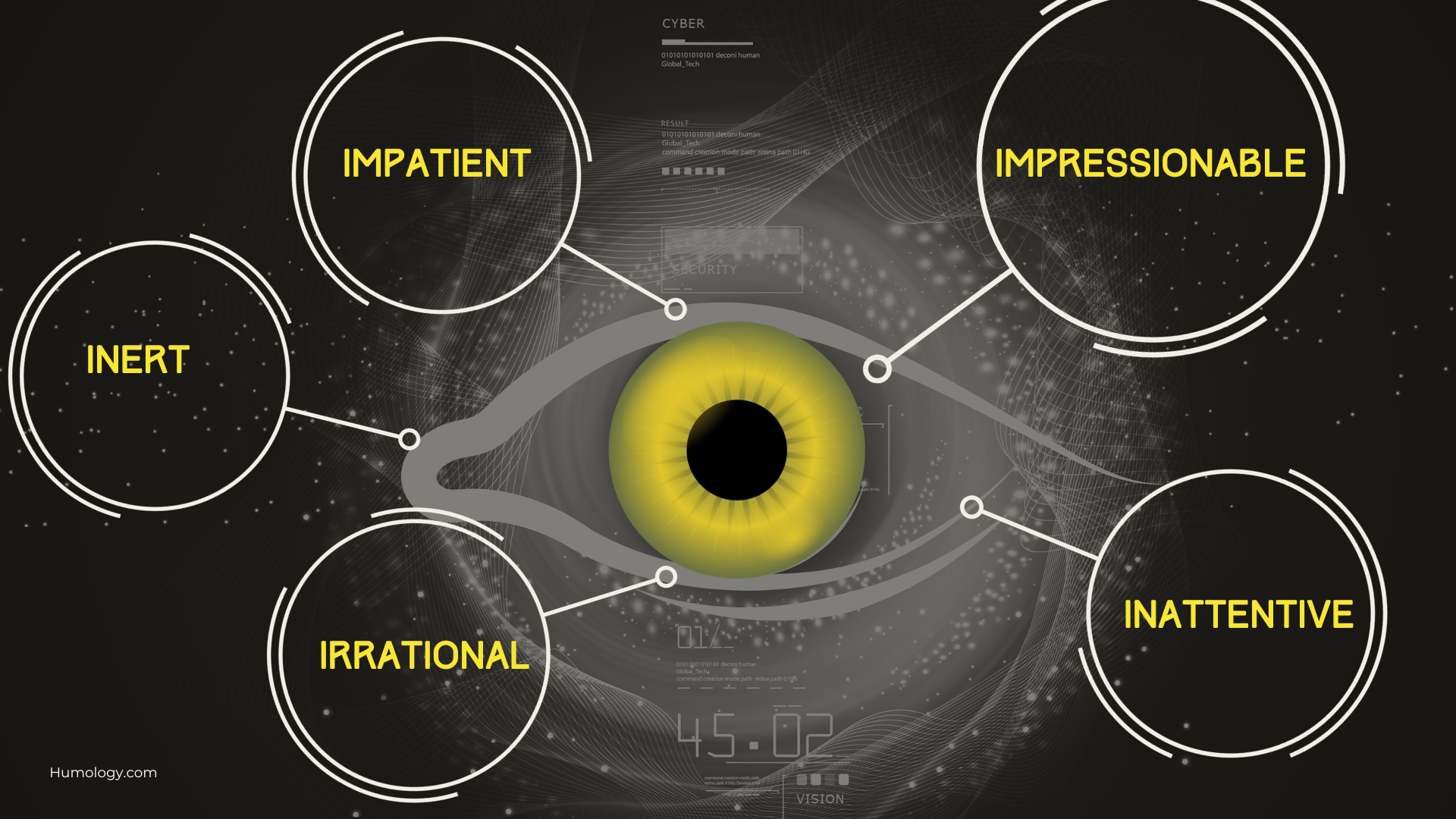Change Managers and Project Managers: Two Sides of the Same Coin
If you are a change manager and you have ever found yourself in a role where the scope and focus of your role was confused or overlapped with a project manager role, or vice versa, then this article is for you. Change managers and project managers regularly have to work side by side to deliver a project or achieve a successful transformation. Problems can, and do, arise where this is misunderstanding or confusion about their roles and responsibilities.
This can happen for various reasons including; when there is a lack of understanding about the role of the change manager, where the organisation assumes that a project manager can perform both sets of tasks, where there is a significant disparity in seniority or experience of those in the roles or where a sponsor doesn’t understand how to get the most out of both roles. I quite like how Prosci’s Project Change Triangle (PCT™) model illustrates how change management, project management and leadership/sponsorship are three elements that are equally important and need to be given equal focus for a change initiative to be successful.
To achieve this, we first have to have a clear understanding on the difference between the roles and skill sets of change managers and project managers. In this article I will explain the key differences between the two roles under the headings of; expertise, reward, how they influence, the ideal environment for them and how they view an organisation. I will also have a look at what they have in common and how they can best work together.
In order to flesh out the differences between the two roles I have inevitably had to make some generalisations. The intent of the article is to provide my perspective and to stimulate conversation on the subject.
Expertise
Project Managers have expertise in facts and figures. They deal with ROI, risks and issues, the business case and the project deliverables. The change manager will have expertise in perceptions and emotions i.e. how are impacted stakeholders perceiving the change and how it affects them and how are they responding emotionally to the change. The change manager may use consultation, interviews and surveys to identify these perceptions and emotions.
Reward
Project managers are generally recognised and rewarded for delivering the project on time, to budget and to the agreed scope whereas the change manager will be rewarded for the change being accepted, adopted and embedded into the organisation. This difference can manifest itself clearly at project closure where a project manager will, quite rightly, be expected to close down a project as quickly as is practical after project go live and a period of go live support. This allows resources to be freed up to be returned to the business and for contracts for external resources to expire i.e. for the business not to incur any additional unnecessary costs. Ideally, the change manager will stay with the impacted business unit for a period of time after go live to ensure the change is embedded. In my experience, this tends not to happen when this additional time is not factored into a project budget at the outset.
Influencing
The project manager will rely more on authority to influence whereas a change manager will rely more on building coalitions to influence and achieve a change. A project manager might have authority over business analysts or subject matter experts who report into them in a project organisation structure. A change manager might assist a project sponsor to identify, develop and manage a guiding or sponsorship coalition. They might also manage a network of change champions or agents to assist in achieving a change.
Ideal Environment
Project managers will tend to shine and perform at their best in an environment where there is predictability and certainty. For example, they may underperform where the goalposts are moved i.e. where there is change and uncertainty on the project deliverables. On the other hand, a change manager should excel in an environment of unpredictability and ambiguity by providing a steady hand on the tiller. This is particularly useful where an impacted group is not used to the inevitable ups and downs of the change or project lifecycle.
How They View an Organisation
A project manager will tend to adopt a hierarchical view of an organisation e.g. by relying on organisation charts. While this is a valid perspective, the change manager will also view the organisation as a network of intersecting groups and individuals who are impacted by and can influence the change effort.
What They Have in Common
While there are distinct differences between the two roles, they also certainly have quite a lot in common. Both change management and project management are professions but also can be considered both a body of knowledge and, arguably, a leadership and management competency. Both professions are represented by professional organisations. For project management these include the PMI (Project Management Institute) and the APM (Association for Project Management). For change management these include The Change Management Institute and the Association of Change Management Professionals. Both roles are accustomed to the temporary nature of projects or change initiatives. In contract roles, they both will be accustomed to moving from organisation to organisation. In permanent roles they will be accustomed to moving from business unit to business unit or project to project.
When we recognise, appreciate and leverage these different skill sets, I believe that both project managers and change managers can add more value for their clients. Then organisations will see that the whole is greater than the sum of its parts.



















